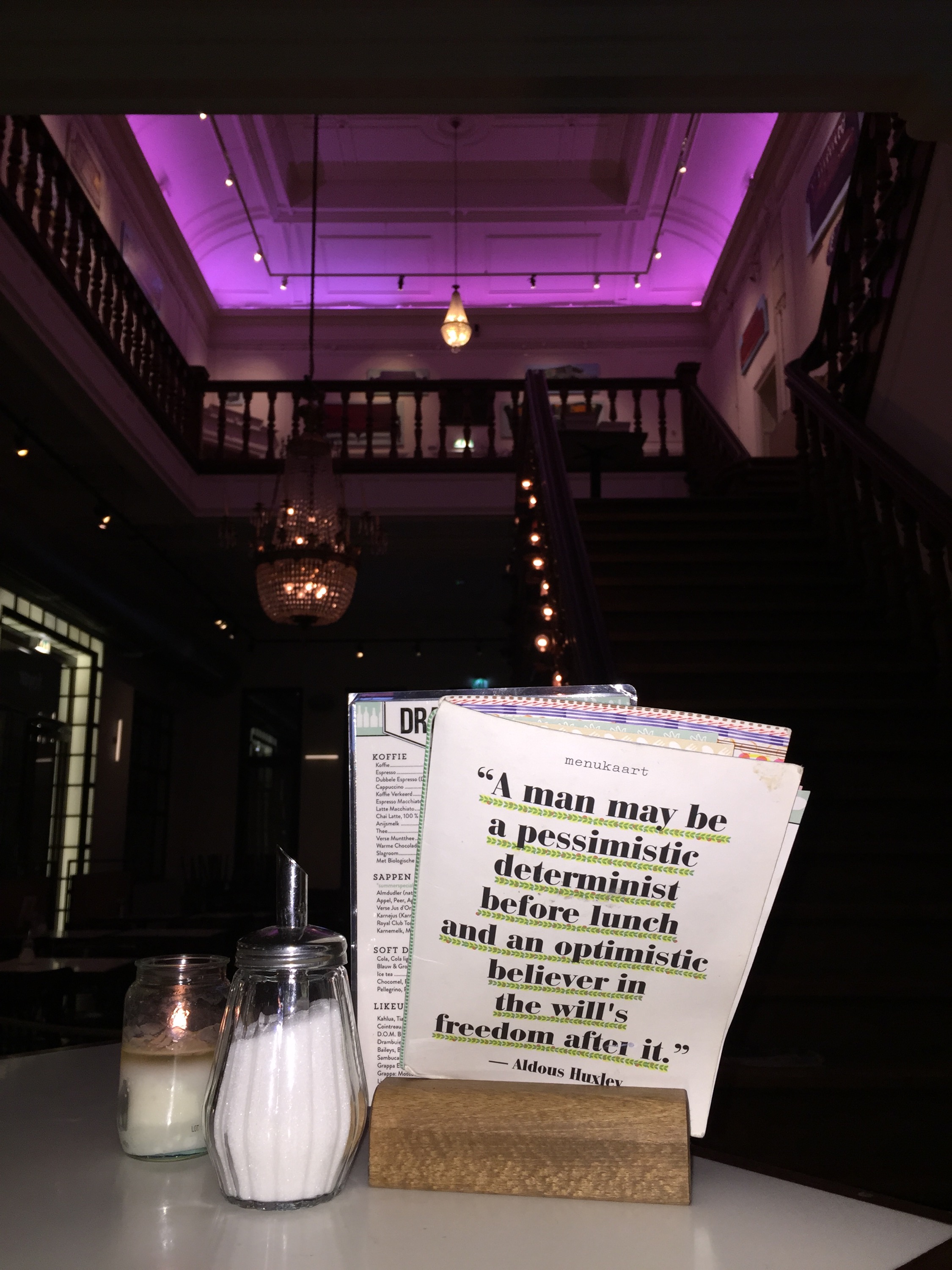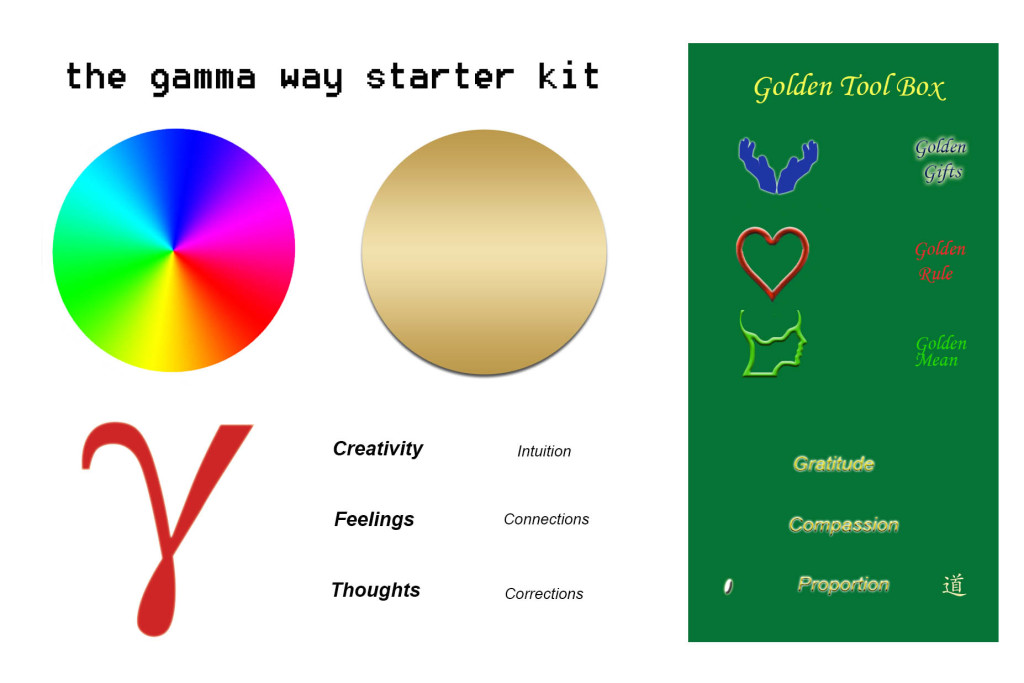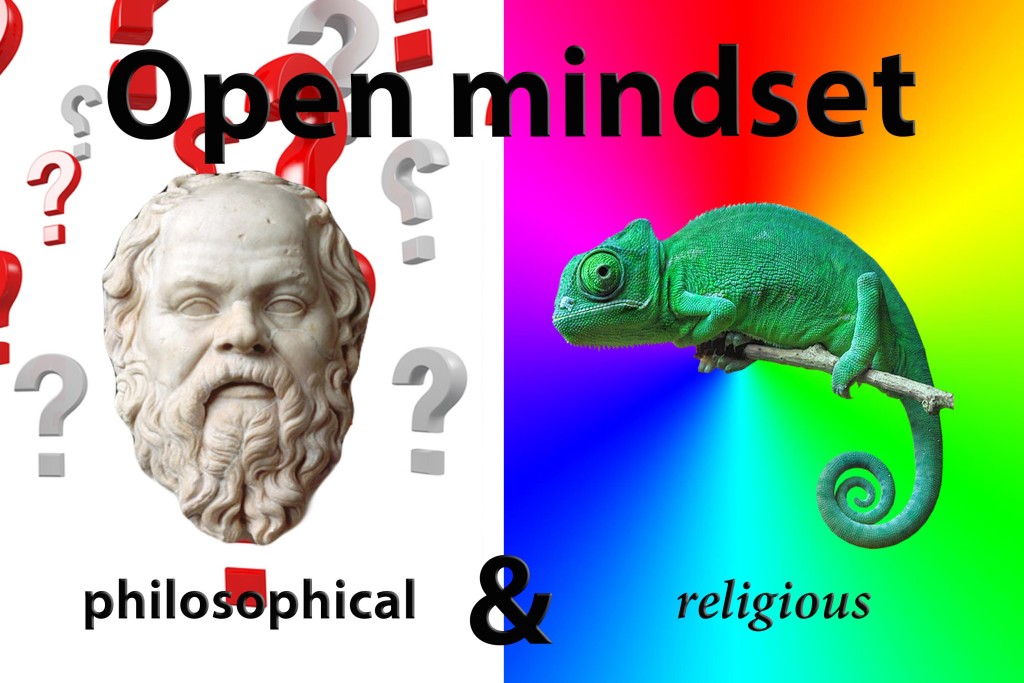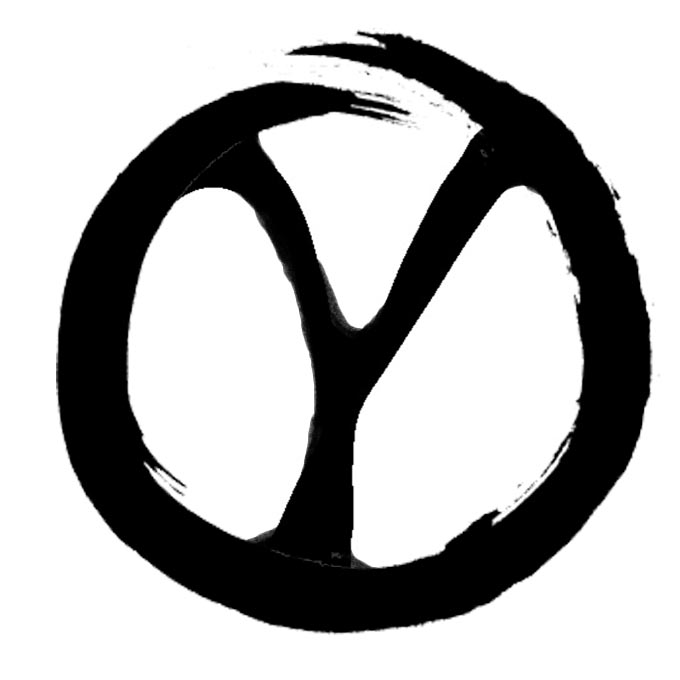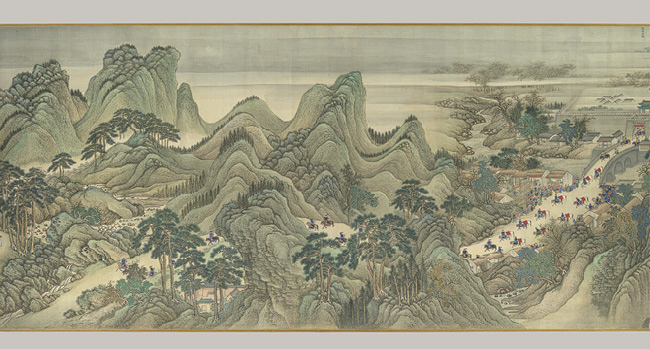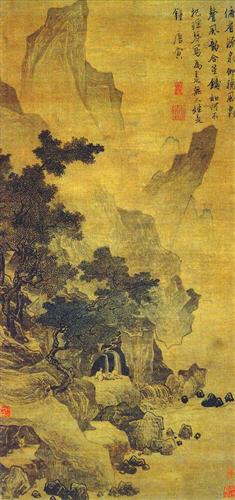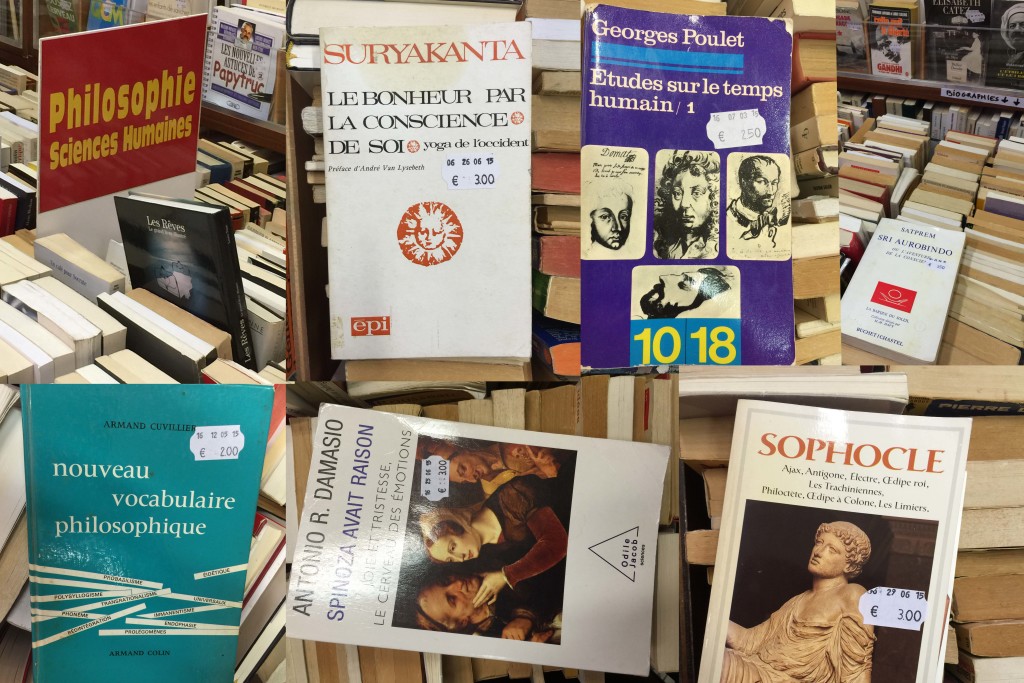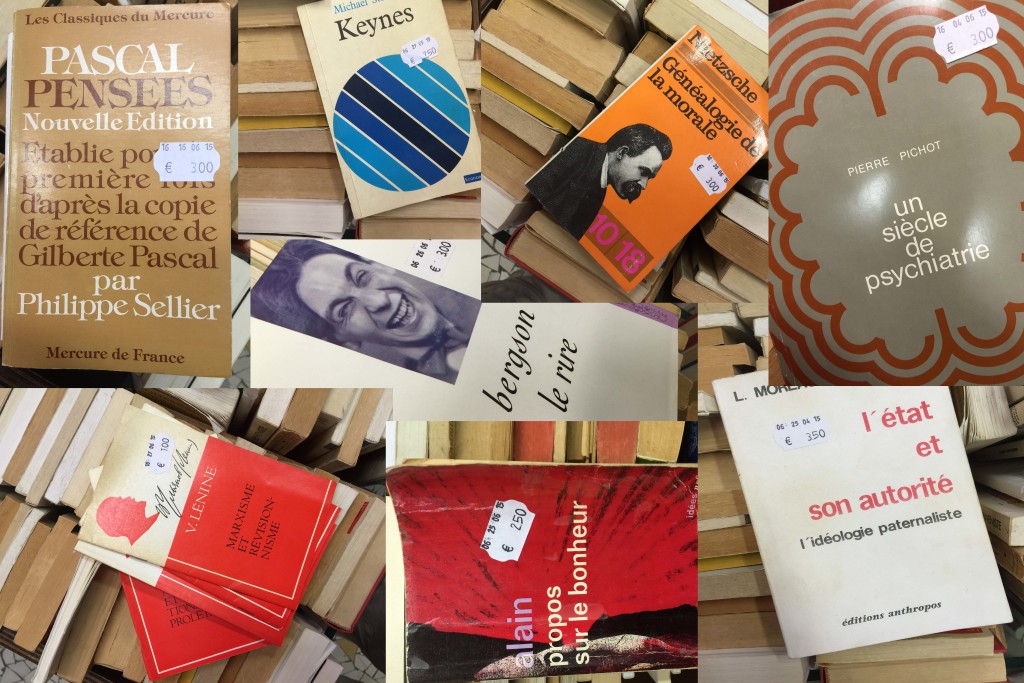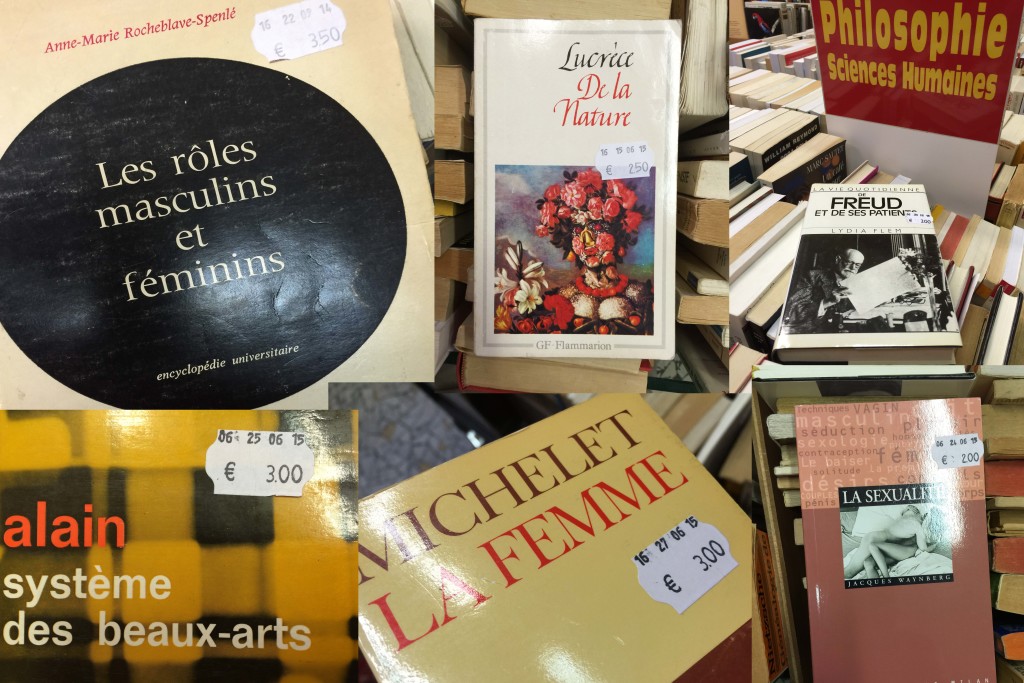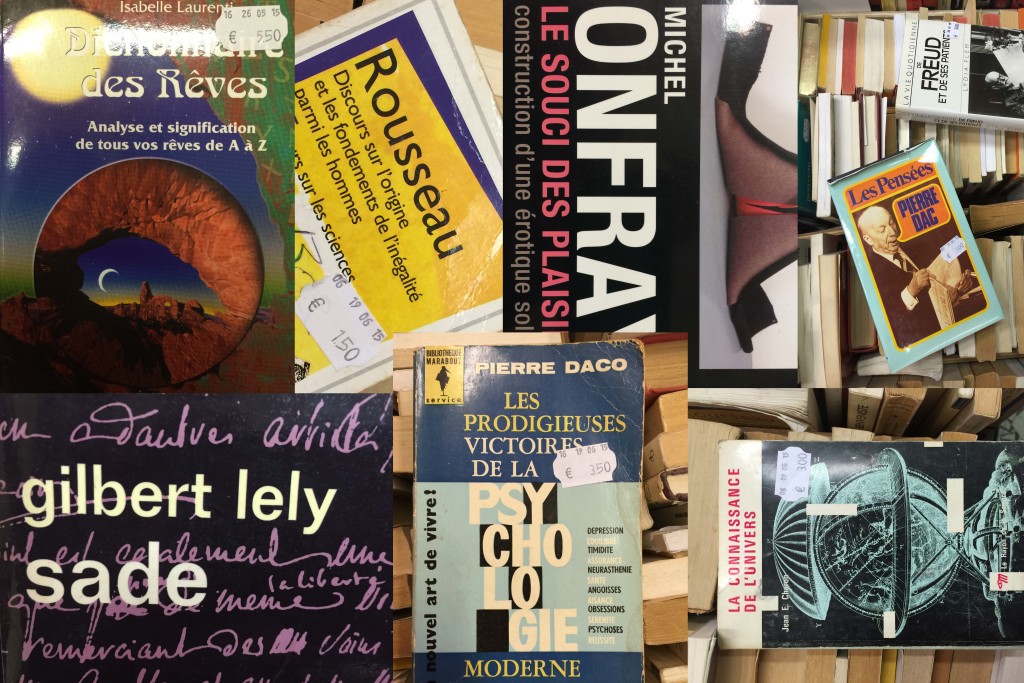art of being
food for thought
self-help religion
This site offers a few basic tools to build a personal religion or philosophy.
If you take all parts and put them together, you may find a useful base for a personal religion. It is also possible to take only a few separate parts and use them in your own way. Feel free to pick and choose. Just help yourself.
I have always been a supporter of self-help. I like to read books on self improvement, especially in the fields of psychology, philosophy and religion. I am not denying the importance of teachers or authority, but I prefer to make up my own mind as much as possible .
The gamma way is basically a do-it-yourself religion. It is like a cabinet from IKEA that you can tailor to your own personal needs and taste. All parts are continuously tested by me, but that fact alone should not convince you. You have to find out for yourself.
Most of the elementary parts you will find here are not exclusive to the gamma way at all. How could it be otherwise? Countless human lives have been lived before us. All human traditions offer an almost unlimited source of wisdom. You can find the basic elements of the gamma way in many other places, often in more familiar, durable and sacred forms.
The gamma way is only a new way to put these basics together and it should be clear that the whole is much bigger than its separate parts. Put together the parts will become interconnected so they can start to interact in your mind. And that is where the real magic begins.
The complete version of the gamma way is a starter kit for a temple in your mind.
You can use it for the basement only and leave the ground floor for any religious or philosophical tradition you prefer. You will probably discover that the gamma way in the basement matches quite well with whatever you will have on the ground floor.
The ground floor is the main floor. You can even construct several floors. Your mental temple can take the form of a church, a mosque or a shrine.
In the gamma basement you can store and experiment with all ideas that have no place in the main temple.
The temple in my own mind contains elements from many different religious and philosophical traditions. They are arranged according to my own personal experiences and taste.
Part of my mental temple is private space and other parts are permanently under construction. All building materials for these constructions are stored in the basement.
Recently I have started to use the gamma basement as the second ground floor of my inner temple.
As you can see, I even receive visitors there.
Socrates & chameleon
In most bookshops the section for Philosophy and the section for Religion are not far apart from each other. That is very convenient for me, because I like looking for interesting new books on both subjects.
In my mind philosophy and religion complement and correct each other.
In my philosophical mindset I always try to be like a Socrates. In his time Socrates was critical and always questioned everything and everybody in order to come closer to the truth.
In my religious mindset, on the other hand, I try to be more like a chameleon. I follow the ideas of others with patience, trying to blend in and find out what I can swallow.
My philosophical mindset is like a comfort zone. As long as I question everything and everybody, I cannot go very wrong.
In my religious mindset I have to rely on personal experience and trust. This trust is the benefit of the doubt and I try to be as generous as possible with it.
Here the gamma symbol is also a safe compass I can rely on.
So I read books and listen to talks of philosophers and spiritual teachers alike.
The Socrates and the chameleon in me are always open for new ideas.
zen gamma
sense of proportion
On the gamma way it is very important to develop a good sense of proportion. Proportion is one of the key values.
Today, in our modern societies we are mainly interested in opinions. We are all trained to have opinions on everything and everybody. If you do not have a clear opinion about a topic, your contribution to a discussion will often pass unnoticed. Presidents get elected with the help of catchy one-liners.
Opinions become a part of our identity, both in our own minds as in the eyes of others. Therefore it always takes some courage to change your opinion.
Opinions are important. We would be lost without them. We need opinions to find our way. They help us to put some order in an otherwise confusing world.
We have learned that we need to distinguish between facts and opinions, but that is easier said than done. What is an important fact? That is often also a matter of opinion.
Opinions can be true, partly true, false or partly false. They also have a reality of their own. They do exist in our minds and influence our behavior.
Opinions themselves go beyond the gamma, but together they help to build our sense of proportion. In daily practice a good sense of proportion is more valuable than the sum of all underlying opinions.
Proportion is always related to a perspective, a point of view. Something can be perfectly in proportion from one point of view, but totally out of proportion from another.
This is not a matter of “right” or “wrong”, which can be a good thing to remember when you are having an argument.
In order to develop a good sense of proportion it is important to take different perspectives.
In human affairs this practice, fuelled with feelings from our hearts, can lead to empathy and compassion.
In this way we develop a good sense of proportion in human affairs.
It is possible to take an even wider perspective and try to see things from a global or universal point of view.
From that perspective we can reflect on our place in the world, both as individuals and as a species.
From a high mountain top like this we will probably all recognize how nature itself develops with a perfect sense of proportion. Everything in nature that is out of proportion, will not survive very long.
From an universal perspective most of us will probably soon start to ask ourselves whether our modern societies are still in proportion with the natural environment?
In nature and the universe this seems to be a matter of survival.
It is very difficult to develop a good universal sense of proportion. In order to do this we need to look at our world from various perspectives and learn from science, religions and philosophies.
Pictures of the earth from space can be very useful. It can also be helpful to take a look at some old Taoist paintings.
In these paintings nature is often overwhelming. The men in these pictures are small and insignificant. You often have to look for them.
Taoist painters had a special sense of proportion.
only a symbol
All that really matters goes beyond the gamma
a beautiful question
This new book of Nobel laureate Frank Wilczek is high on my reading list.
If I am not mistaken Wilczek explores in this book how scientists through history have been inspired by the idea of beauty and how beauty itself can also be considered an organizing principle in the universe.
I am particularly interested to know if and how Wilczek makes a distinction in the book between Nature’s Deep Design and the among scientists controversial idea of intelligent design.
According to a review in the Financial Times A Beautiful Question is not an easy book to read, especially the chapters where Wilczek explores the interesting topic of “Quantum Beauty”.
Quantum theory may be too complex for general readers like myself, but the awe inspiring beauty of Nature is of course very obvious and can easily be experienced by everybody, not just by scientists.
